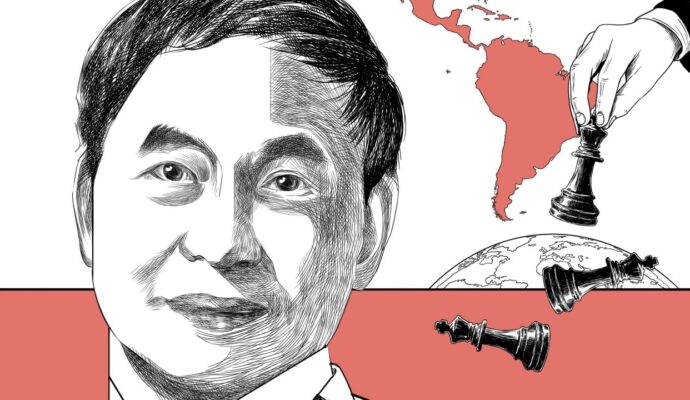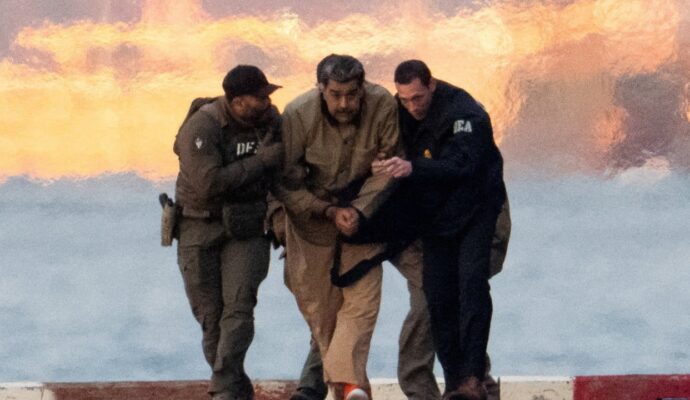
He said Blinken’s warning could be seen as a strategic deterrent to head off any possibility of supplying weapons.
Blinken issued the caution during talks with top Chinese diplomat Wang Yi on the sidelines of the Munich Security Conference on Saturday, saying there would be “serious consequences” if Beijing provided weapons.
“I have not said that China is supplying weapons. I have said and I say that, on the contrary, State Councillor Wang Yi – to whom I raised our concern about this possibility – answered me in a very specific way saying ‘We are not doing it, we have no intention of doing it,’” he said.
“Which is not to say that we don’t have to be vigilant, that we don’t have to keep a close eye on what is happening.”
Zhou Bo, a former People’s Liberation Army senior colonel and one of the Chinese delegates to the security conference, said the US and EU concerns – although unsubstantiated – indicated worries in the West that China would formally take sides to support Russia.
“The West just worries about [China might supply weapons to Russia] even though there is no evidence to indicate it,” said Zhou Bo, who is now a senior fellow of the Centre for International Security and Strategy at Tsinghua University.
He said China would maintain a good and sustainable relationship with Russia, ties that Beijing believed “shouldn’t be tested and judged by a third party”.
The former PLA officer also expressed concern that the West’s adamant support for Ukraine would prolong the conflict and push Russian President Vladimir Putin into a corner.
“Russia cannot be defeated … people talk about defeating Russia, but Russia remains a large country with the largest nuclear arsenal,” he said.
“I see Putin in a stalemate. He can’t lose the war, so what will happen then? It’s a miserable situation. I don’t know whether Putin would use nuclear weapons, but I worry about this.”
Zhu Feng, an international affairs professor at Nanjing University, said that with more Western weapons flowing into Ukraine, there was more pressure on Moscow to ask Beijing for help.
Zhu said it was very unlikely for China to supply arms to Russia but the strategic relationship between the two countries could be taken to a higher level.
He also said Beijing could not prevent the possibility that Moscow might acquire Chinese weapons and equipment from third parties.
Reports have emerged that both Russian and Ukrainian troops are using Chinese civilian unmanned aerial vehicles such as DJI Mavic drones for military surveillance and strikes.
Shenzhen-based DJI Technology said in April last year its drones were neither designed nor sold for military use.
“Beijing and DJI couldn’t rule out the possibility [of acquisition through third parties]. However, once any cases occur, Beijing and the company should make their position clear, and help in further investigations to prevent similar situations from happening,” Zhu said.




